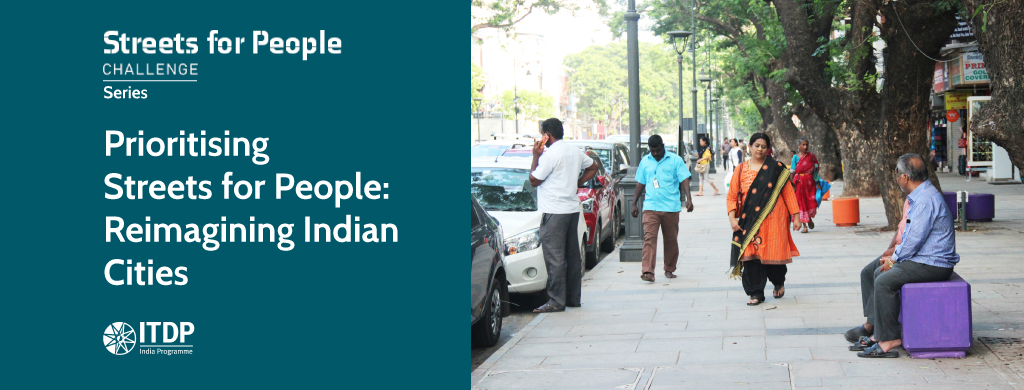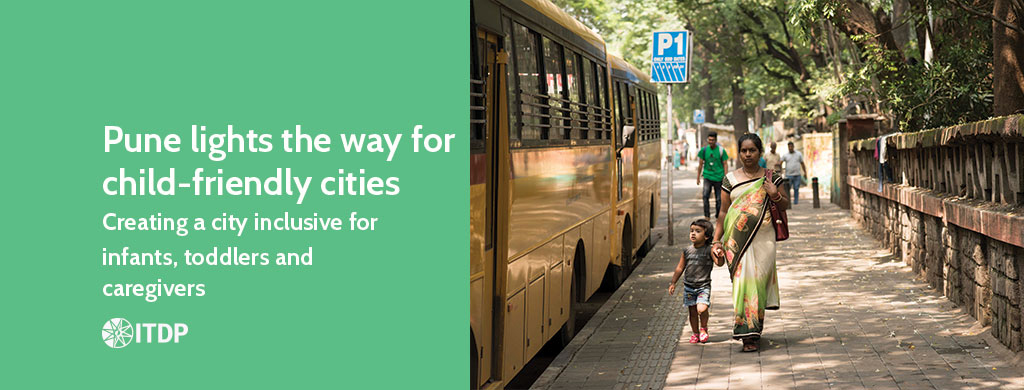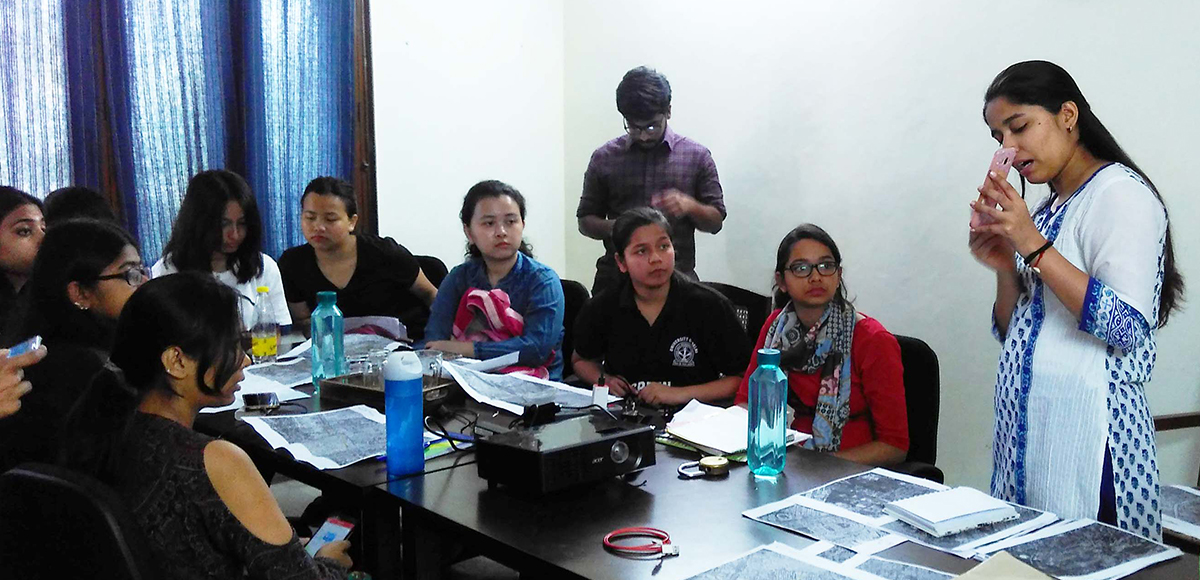The Smart Cities Mission launched another national green recovery initiative—the Streets for People Challenge—with an aim to make Indian cities pedestrian-friendly, lively, and safe. The Challenge was launched by Shri Hardeep Singh Puri, Minister of State, Ministry of Housing and Urban Affairs (MoHUA) in a virtual event conducted on 11 September, 2020, and attended by key city officials, partner agencies, civil society organisations, and other stakeholders. 113 cities across the country have registered to transform their streets.
What is the Streets for People Challenge?
Across the world, COVID-19 has changed the way streets are used, highlighting the importance of streets for inclusive mobility, but also as public spaces for recreation, mental health, and to enhance the liveability of a city. The Streets for People Challenge follows on the heels of the India Cycles4Change Challenge to bridge this crucial gap in the way cities are envisioned and create streets that are safe, healthy, and happy, through quick, innovative, low-cost measures. The Challenge is an initiative of the Smart Cities Mission, Ministry of Housing and Urban Affairs (MoHUA), in partnership with the ITDP India Programme and supported by the Fit India Movement and Swachh Bharat Mission. It is open to all cities under the Smart Cities Mission, capital cities of States/Union Territories, and cities with a population of over 5 lakh population.
Stages of the Challenge
The Streets for People Challenge will be conducted in two stages. Stage One of the Challenge requires cities to test at least one pilot intervention, comprising a flagship public space project and a liveable neighbourhood, along with the development of a conceptual city-wide scale-up strategy. 11 cities will be selected for Stage Two to further scale-up their transformation. Drawing cues from locations like the Pedestrian Plaza in Chennai and the Golden Temple Heritage Street in Amritsar, the flagship projects are imagined around markets, retail areas, transit hubs, and other prominent places in the city. Cities should also choose neighbourhoods, which can range from mixed-income areas, resettlement colonies, low-income neighbourhoods, and others. In these areas, cities can create pedestrian-friendly or pedestrian-only streets, convert parking spaces to pop-up parks, revitalise dead spaces, and create walking links between large urban blocks.

To ensure well-designed pilot interventions, cities will roll out a design competition for students and professionals across the country. The competition will be launched with a design brief and entries will be evaluated by local officials, citizens, experts, and other stakeholders. To place the community at the heart of the Challenge, the design competition will include a multi-step process, where citizens can take part in discussions and vote for the best entry through a community jury. Cities will also focus on citizen participation through activities such as events and campaigns.
Cities will participate in a virtual Streets for People Festival in February 2021. Following this, 11 cities will be selected for Stage Two. In this stage, cities will commence implementation of their scale-up plan and work towards a long-term strategy to prioritise walkable and liveable streetscapes. Throughout the Challenge, the ITDP India Programme will provide remote assistance by sharing knowledge resources, conducting online training workshops, and facilitating peer-to-peer interactions between cities.

Taking the first step
The 113 registered cities have already kickstarted the process through the Online Workshop 1, which was conducted on 1 October, 2020, by the ITDP India Programme. Key officials from Amritsar, Chennai, Delhi, and Udaipur presented the learnings from the development of various pedestrian-friendly spaces in their cities. As the officials spoke about the transformation of spaces in these cities, they emphasised key factors such as community feedback sessions and tactical measures to ensure successful interventions. The session was led forward by the ITDP India Programme through a presentation that focussed on a detailed look at the Challenge process for the cities — expanding on their next steps to engage with their communities and begin the design process.

To facilitate this collaborative transformation, cities are now calling upon passionate individuals to support their city in coordinating, volunteering, documenting, and sponsoring various elements of the Challenge. The city will closely work with these diverse group of individuals to efficiently manage the Challenge in multiple aspects, such as data collection, media coverage, and inclusive participation.

Streets for People, By People
Cities are now in the process of identifying their pilot sites, building support from the community, and gathering momentum through the ‘Open Streets’ Campaign. The campaign aims to showcase a glimpse into the Challenge, by opening streets to pedestrians, cyclists, and other non-motorised transport users. By asking citizens to nominate streets for the campaign and then organising events to bring them together, Bhopal, Jabalpur, Kakinada, and many others are truly embracing this cause. The ITDP India Programme is proud to support the Smart Cities Mission in this national initiative and guide Indian cities to reimagine a future around the needs of people, not cars.
Written by Aditi Subramanian
Edited by Avishek Jha
To support your city for the Streets for People Challenge, register here – https://smartnet.niua.org/indiastreetchallenge/support-your-city-2/
This article is part of a series of articles on the Streets for People Challenge.
















